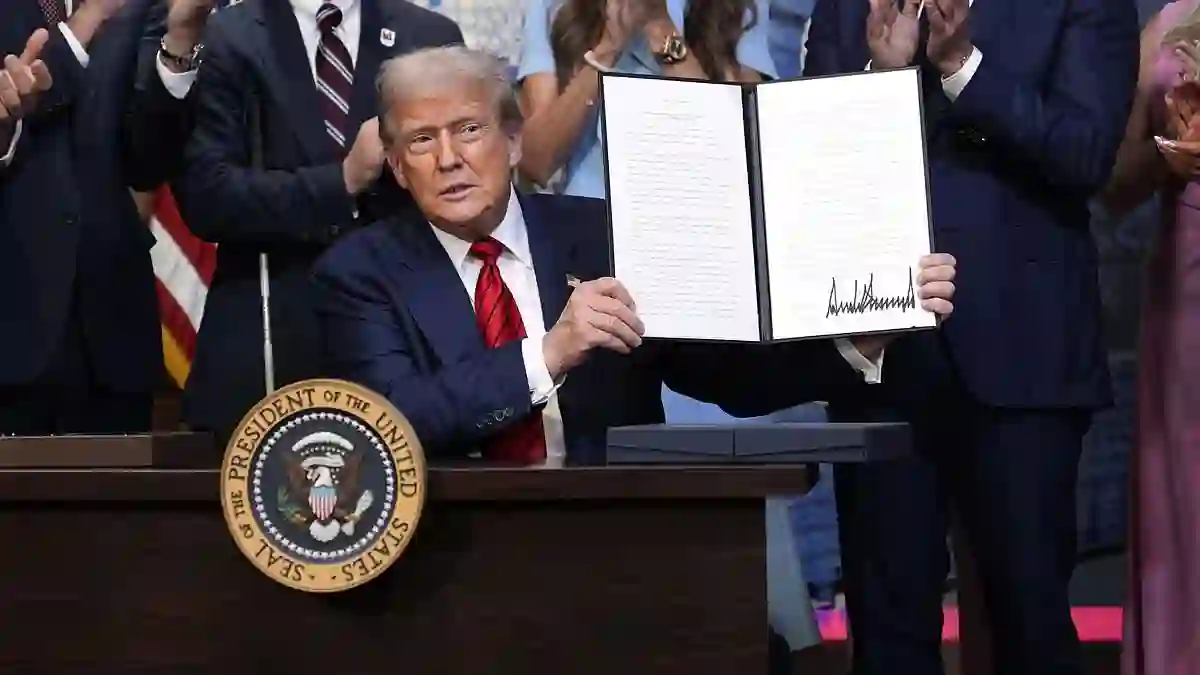The U.S. immigration system is stepping into uncharted territory as the Trump administration pushes for tighter vetting of visa and green card applicants.
This new push doesn’t just target those seeking citizenship—it casts a wider net, including anyone hoping to live or work in the United States.
Social Media Under the Microscope
In a major policy shift, U.S. Citizenship and Immigration Services (USCIS) will now review applicants’ social media accounts for signs of anti-Americanism, terrorism support, or antisemitic beliefs.
According to USCIS spokesperson Matthew Tragesser, the logic is simple: “America’s benefits should not be given to those who despise the country and promote anti-American ideologies.”
He added, “Immigration benefits…remain a privilege, not a right.
If you hate America, don’t try to live in America. It’s that simple.”
What Counts as Anti-American?
While the directive is clear in its intent, it remains vague on specifics.
USCIS hasn’t defined exactly what behaviors or statements qualify as anti-American, leaving some to wonder how and when this scrutiny will be applied.
Elizabeth Jacobs of the Center for Immigration Studies, which supports stricter immigration rules, said the policy clarifies behaviors officers should consider—but discretion remains: applicants are not automatically denied, but their social media can count against them.
Critics Raise Concerns About Bias
Experts warn that the policy could open the door to subjective interpretations.
Jane Lilly Lopez, a sociology professor at Brigham Young University, worries that stereotypes and personal biases may influence immigration decisions.
“That’s really worrisome,” she said, emphasizing the potential for prejudice to shape outcomes in ways that are difficult to control.
A Broader Pattern of Tightened Screening
The new policy isn’t an isolated move. Since Trump returned to office, USCIS has increased social media vetting, scrutinized naturalization applicants for “good moral character,” and placed a temporary pause on certain green card applications for refugees and asylum seekers.
These steps, officials say, aim to prevent fraud, protect public safety, and ensure national security.
Legal Debate on Constitutional Rights
The new rules also raise constitutional questions.
Some argue that First Amendment protections don’t extend to non-citizens outside the U.S., as Elizabeth Jacobs notes.
Others, like attorney Ruby Robinson, believe that everyone in the U.S.—regardless of immigration status—has protection from government overreach under the Bill of Rights.
Robinson added, “A lot of this administration’s activities infringe on constitutional rights and do need to be resolved, ultimately, in courts.”
Advising Applicants to Adjust Expectations
Immigration lawyers are urging applicants to understand the changing landscape.
Jaime Diez, based in Brownsville, Texas, explained that many rights U.S. citizens take for granted may not apply to those seeking entry.
Jonathan Grode of Green and Spiegel added that the policy aligns with the administration’s approach: “They’re allowed to interpret the rules the way they want.
The law is still the same, but the strike zone is smaller.”
Restrictions Extend to Sports and Transgender Applicants
In a separate policy update, USCIS has also restricted visa eligibility for transgender women competing in women’s sports.
Officials said male athletes competing against women could be penalized in visa evaluations for programs like the O-1A, EB-1, and EB-2 categories.
USCIS spokesperson Tragesser emphasized fairness and safety: “It’s a matter of safety, fairness, respect, and truth that only female athletes receive a visa to compete in women’s sports.”
This policy ties into broader efforts to regulate participation in women’s sports ahead of the 2028 Los Angeles Olympics.
National Security and Immigration at the Forefront
These moves are part of a wider effort by the Trump administration to tighten immigration rules, citing national security, fraud prevention, and policy consistency.
Officials point to executive orders requiring extensive vetting of all individuals entering or residing in the U.S. as justification for the new measures.
For many applicants, this signals a more stringent, closely scrutinized path to living or working in the country.



